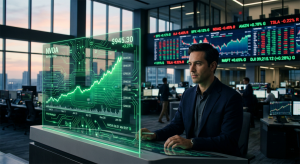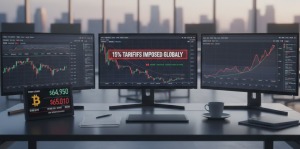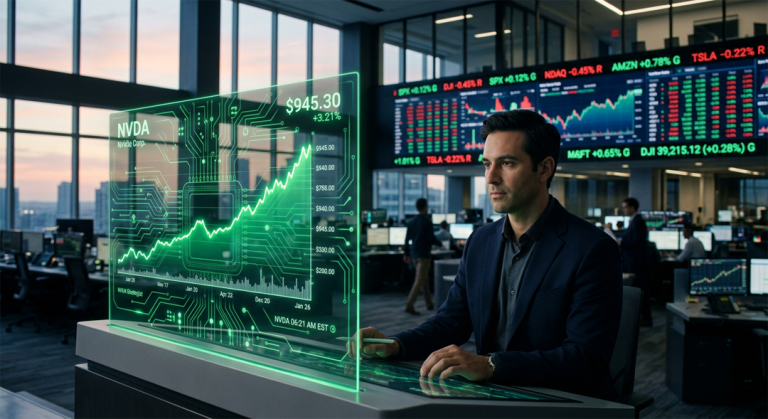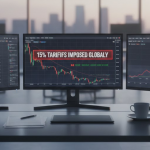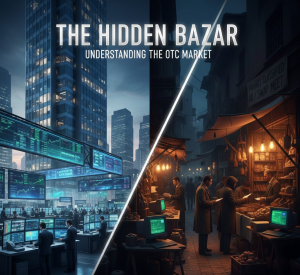Summary (TL;DR)
For investors, the key takeaway from the whirlwind of news surrounding Opendoor (OPEN) this week is a radical leadership overhaul that has transformed the struggling real estate technology firm into a high-stakes “meme stock.” The return of co-founder Keith Rabois as chairman, coupled with his shocking public statements about gutting the workforce, signals a potential, albeit brutal, path to profitability that has ignited a firestorm of speculation. This development is significant because it pits a narrative of a founder-led, aggressive turnaround against the stark reality of the company’s internal challenges and the inherent risks of its business model.
The Core News (What Happened?)
Opendoor Technologies has undergone a dramatic management shakeup. The company appointed former Shopify COO Kaz Nejatian as its new Chief Executive Officer. Simultaneously, co-founders Keith Rabois and Eric Wu have rejoined the board of directors, with Rabois taking the role of Chairman. This move was accompanied by a new $40 million investment from Rabois’s venture capital firm, Khosla Ventures, and Wu.
The news was supercharged by controversial comments from the new chairman. In a CNBC interview, Rabois declared the company “completely bloated” and stated that Opendoor only needs 200 of its current 1,400 employees, adding, “I don’t know what most of them do.” He also targeted the company’s remote work policies and diversity, equity, and inclusion (DEI) initiatives as part of a “broken” culture that he intends to “fix” by returning to a focus on “merit and excellence.”
Background (Setting the Stage)
Coming into this week, Opendoor, a platform for instantly buying and selling homes, had been struggling. The company, which went public via a SPAC in 2020, had seen its market valuation plummet. An activist investor, Eric Jackson of EMJ Capital, had been pressuring the company for significant changes. The appointment of a new CEO and the return of the founders were seen as a direct response to this pressure, aimed at injecting “founder DNA” and a new strategic direction into the company at a pivotal moment. The market’s expectation was for a leadership change, but the subsequent radical commentary from the new chairman was an unexpected and explosive development.
The Debate (The Bull vs. Bear Case)

The Bull Case (The Optimistic View): Optimists believe this could be the aggressive turnaround the company desperately needs. The significant stock surge, which has seen Opendoor become a favorite among retail traders, is fueled by the belief that the returning founders, particularly the notoriously aggressive Rabois, will make the tough decisions necessary to slash costs and drive the company toward profitability. Proponents see the leadership change and the new investment as a powerful vote of confidence. As noted by Sherwood News, there is an expectation of “radical change” and “big swings” from the new management, which could unlock the company’s potential.

The Bear Case (The Cautious View): cautious voices point to the extreme volatility and the uncertain outcome of such a drastic overhaul. Rabois’s own admission that the company is “bloated” and that he is unsure what a majority of employees do raises significant concerns about the state of the business he is now leading. Furthermore, the entry of well-known investor Martin Shkreli, who has announced a short position (a bet that the stock price will fall), adds a significant counterweight to the bullish narrative. As Investing.com reported, Shkreli’s public stance interrupts the stock’s recent momentum and signals that some influential market participants believe the rally is unsustainable.
By the Numbers (Key Data & Metrics)
- Year-to-Date Stock Performance: Shares were up a staggering 470% year-to-date as of last Friday’s close, highlighting its transformation into a “meme stock.”
- New Investment: Co-founders Keith Rabois and Eric Wu are investing $40 million into the company through their affiliated entities.
- Proposed Workforce Reduction: The new chairman, Keith Rabois, suggested a potential 85% reduction in the workforce, from 1,400 down to 200 employees.
- Market Capitalization: The company’s valuation has surged to over $6 billion from a low of approximately $400 million in June.
- Stock Volatility: The stock has experienced massive swings, closing up 78% on the day the new CEO was announced.
Disclaimer: This article is for informational purposes only and does not constitute financial, investment, or legal advice. The information provided is a synthesis of publicly available data and expert analysis and should not be considered a recommendation to buy or sell any security. Investing in the stock market involves risk, including the possible loss of principal. Past performance is not indicative of future results. Readers should consult with a qualified financial advisor to determine an investment strategy that is suitable for their own personal financial situation and risk tolerance.

